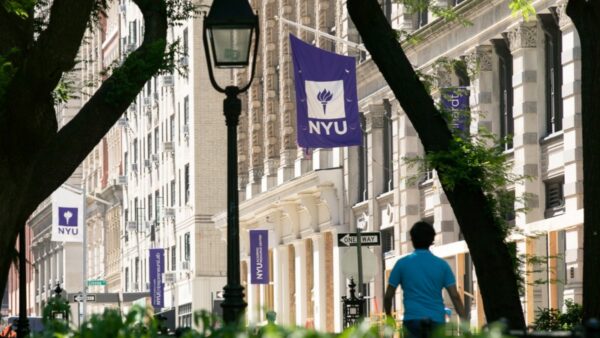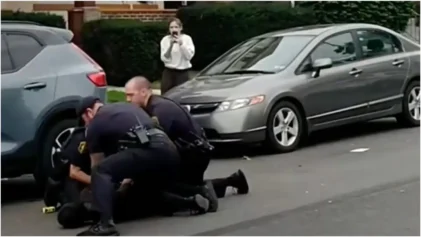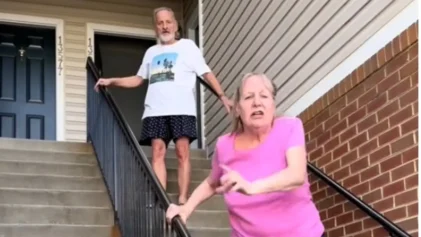New York University is in the news for an anti-racism course that was offered to the white parents of public school students in New York City. NYU’s “From Integration To Anti-Racist Series” workshop was created to help white people stop being racist in a safe space.
Fox News reports that the course was created “specifically for white public school parents” and the workshop, also known as “FIAR,” focused on changing anti-racist attitudes. The course also focused on internalized white superiority. It was offered in February over a six-month period by NYU’s Steinhardt School of Culture, Education, and Human Development to help white parents become “anti-racist.”

The FIAR Workshop was organized by the Transformation of Schools as well as the Metropolitan Center for Research on Equity. The course was offered monthly online for $360 and consisted of two-hour sessions that ended in June. The topics included in the course were internalized white superiority, how to be allies/accomplices to parents of color, building authentic relationships with other parents across race/class and building anti-racist practices while confronting racism.
The online sessions included exercises, conversations, lessons, readings, podcasts, and reflections on the “impact of white supremacy,” thinking and practices. The series also sought to have discussions about ending racist policies and practices in New York City public schools as well as the community.
The conservative outlet Washington Free Beacon shared a video of the Associate Director of Steinhardt’s Education Justice Research Group Barbara Gross explaining why no minorities were in the class. The outlet also noted that the FIAR seminar students were required to read “Why It’s So Hard to Talk to White People About Racism” by Robin DiAngelo.
“The purpose is to create a space where we can talk about our racism with each other and support each other through that and hold each other accountable, to show up differently and without burdening the people of color in our lives,” said Gross. “Because people of color are dealing with racism all the time. Like every minute of every day. … It’s a harm on top of a harm for them to hear our racist thoughts.”
A flyer was given out explaining the course which stated the workshop provided a safe space for white folks to “challenge racism” and dismantle white supremacy, adding that white people need to “unlearn racism.”
After the article by the Washington Free Beacon was shared on social media, Black users responded to the news. While some questioned why there were no Black people in the room during the workshops, but other others believed a white-only environment might yield better results.
“Who is this Robin DiAngelo person and what makes her the unilateral expert on anti-racism?” asked one Twitter user.
Another replied, “Before folks start side-eyeing. The author of White Fragility leads this. I attended one of her OTA workshops, let me tell you.. white folks attending put in WORK. Read her book, you’ll understand why this is a great thing for the parents who’ll attend.”
“It’s their problem to solve,” added another.
NYU spokesman John Beckman released a statement after conservative outlets labeled the course as “whites only.”
“This program, which has the important and valuable goal of reducing racism, is part of a large portfolio of offerings provided by the Metropolitan Center for Research on Equity and the Transformation of Schools for parents of all backgrounds,” Beckman wrote. “While this particular curriculum was principally intended for white parents of public school children who had a particular interest in this kind of anti-bias training, the program’s materials and content were not clear enough about it being open to all. NYU is working with program leadership to ensure that the program conforms with University’s standards and applicable law.”


